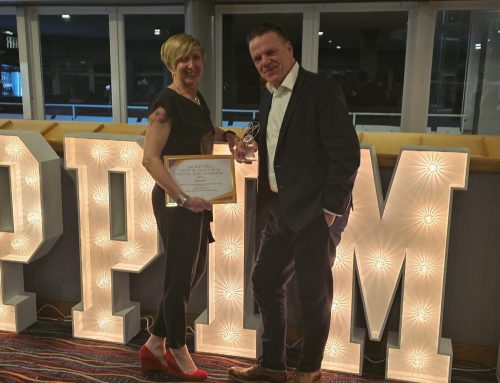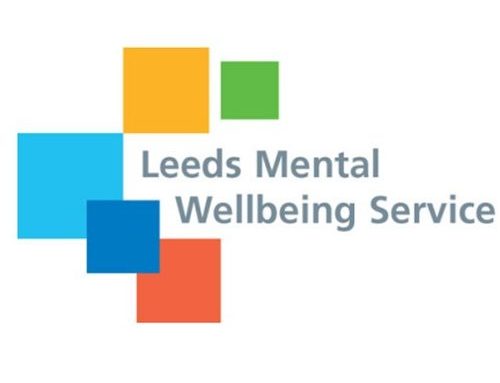The following is a written collaboration by one of our High Intensity CBT therapists Debbie R and a client who has recently completed treatment with Touchstone IAPT. Relapse prevention is a vital part of the therapeutic process. It serves many functions but one of the most important is to provide clients’ with a powerful tool to reflect on themselves and their experiences in the months and years to come post-treatment. This is with the hope of not only maintaining, but also bolstering, an individuals recovery through life’s trials and tribulations.
The Problem
What was it?
At the start on my sessions, it was a general depression regarding the state of my life. I don’t think I really understood what was making me so unhappy and upset. I simply felt the pain of it.
As treatment has progressed, I have started to recognise the problem as a mixture of feelings;
- SHAME: low self-esteem brought on initially by extensive bullying by peers and a feeling I wouldn’t live up to my parents’ and teachers’ expectations of me. I have since internalised these feelings, automatic self-bashing. I expect failure from myself.
- FEAR: a tendency to predict negative outcomes for any new course of action, and an ever-present concern that I will lost ‘what little I have’.
- ANGER: an emotion that comes from the feeling of being trapped. I can lash out (emotionally) or shut down, usually the latter, when I feel like there’s no path forward.
How did it develop?
It began with persistent bullying from my peers, coupled with high expectations from authority figures.
What kept it going?
Over the years I gave reinforced my low self-esteem and feelings of failure by turning down opportunities, or running away from challenges. I’m scared to try new things, which kept me stuck in safe, but ultimately unfulfilling, places in life.
The Therapy
What changes have occurred in the problem since therapy began?
I have started to acknowledge the core thoughts and feelings that underpin my depression and anxiety. This has given me a way to think about my emotions rationally. It’s still a challenge to press forward when I have these emotions – but at least I’m much better a answering the question of why I’m feeling so upset.
What (a) ideas and (b) skills have you learned in therapy that have helped these changes?
(a) IDEAS: That my anxiety is deeply rooted in past experiences that (at the time) I didn’t realise were shaping my outlook on life. I will always carry the imprint of those experiences and feel the emotional pain they cause but despite this I can move forward with my life, recognising these as the by-products of a broken mental model.
(b) SKILLS: Using mindfulness techniques to bring myself back into the present moment; acknowledging when I am using flawed emotional reasoning in dealing with problems.
The Future
What is your action plan to maintain/build on the changes that have taken place in therapy?
I will continue to ask myself why I am feeling anxious or depressed, identifying the mental errors I’m making. Armed with this understanding, I will try to adopt rational approaches to my problems. I will make a conscious effort to engage in activities I find worthwhile (music, drawing, spending time with my wife and cats) and be present in the moment with them. I will attempt to tackle the areas of unhappiness in my life (primarily career related) by fighting my natural procrastination by breaking tasks into smaller chunks.
What difficulties do you see in carrying out this plan?
The emotions form the old system are still present, and very real. Even when I can recognise an emotions as unhelpful or flawed, I can’t escape the ‘gut feelings’ it gives me. It makes me tired, sad, listless… wanting to shut down and forget the world. It’s often very difficult to do anything productive when I feel this way.
How might you overcome these difficulties?
I will try to set realistic, small goals. I will try to commit to a small amount of time each day or week to do the tasks I need to do…but I won’t beat myself up over not completing a task in the time I’ve set. I will try to acknowledge, but work around, the feelings of failure and defeat…and at the same time enjoy the feelings of success (even with small gains).
What might lead to a setback? What would be the early warning signs that things are slipping?
Encountering difficult situations (trouble at work etc) has a tendency to set me back quite a bit, triggering my feelings of shame and failure. Issues with money (bills, unexpected payments) trigger feelings of fear and insecurity. It’s these unexpected and emotional situations that tend to cause me the biggest stress.
When I’m stressed like this, I tend to shut down,not talking to anyone if possible. When I find myself becoming reclusive and distant, it’s a sign that I’m slipping back into my old, bad habits.
What will you do if you have a setback (an exact step by step plan)?
- Ask myself why I’m feeling this way, in order to recognise the core emotions at play.
- Once I recognise, acknowledge the emotions for what it is: an automatic response.
- Consider a more rational approach to the problem. What steps need to be taken to bring myself out of it?
- Break those tasks into reasonable sizes, to avoid the feelings of burnout and failure when I can’t achieve my goals. Be reasonable when it comes to personal expectations.
- Tackle the tasks at a steady pace. Take time to enjoy the positive outcomes of each step, even if they’re small.





